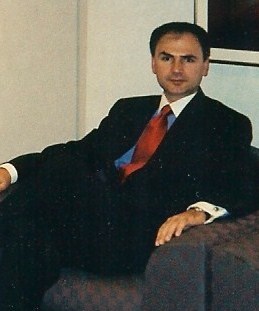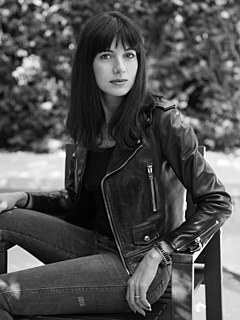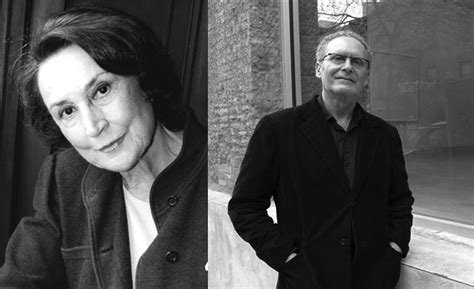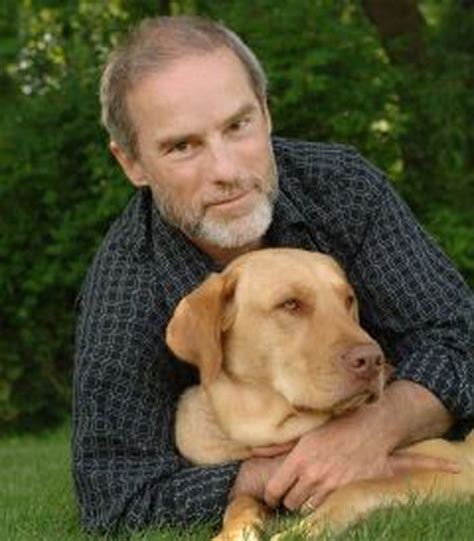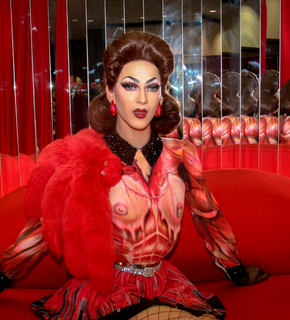A Quote by Sol LeWitt
Related Quotes
For him it was a dark passage which led to nowhere, then to nowhere, then again to nowhere, once again to nowhere, always and forever to nowhere, heavy on the elbows in the earth to nowhere, dark, never any end to nowhere, hung on all time always to unknowing nowhere, this time and again for always to nowhere, now not to be borne once again always and to nowhere, now beyond all bearing up, up, up and into nowhere, suddenly, scaldingly, holdingly all nowhere gone and time absolutely still and they were both there, time having stopped and he felt the earth move out and away from under them.
The thought of building a life around minimal morality or minimal significance—a life defined by the question, “What is permissible?”—felt almost disgusting to me. I didn’t want a minimal life. I didn’t want to live on the outskirts of reality. I wanted to understand the main thing about life and pursue it.
I was really into what is called "minimal synth" - music made strictly on analog synths, and also cold wave, basically a more synth-based version of European post-punk, at that point. So, I decided my own show Minimal Wave was a good way to combine the minimal electronics aspect with the "wave," where guitars come into play.
As readers can probably tell from my books, I love the outdoors. I love to hike, kayak, and swim. I also love to read (which is probably not a surprise) and I love the theater and art museums. I especially love all the instruments of art: inks, pens, paintbrushes, watercolors and oils, fine papers and canvases, and although I love to mess around with these tools and objects, I have minimal artistic skills.

